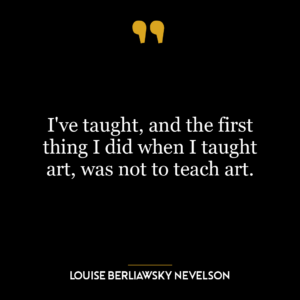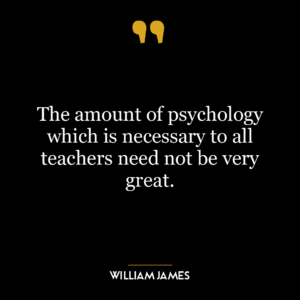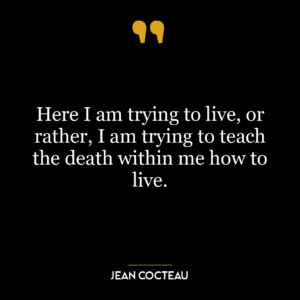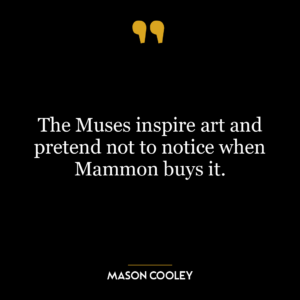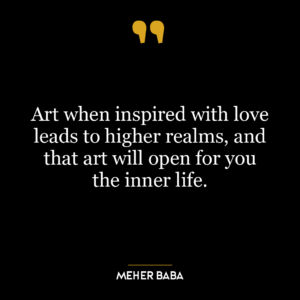This quote emphasizes the importance of practical, hands-on experience in gaining proficiency in any skill or knowledge. Essentially, it suggests that the best way to learn how to do something is by actually doing it. This concept is often referred to as experiential learning, which posits that direct experience and active engagement in an activity are critical for learning and understanding.
The profoundness of this quote lies in its universal applicability. It applies to almost every aspect of life, from learning how to ride a bike, to mastering a new language, to understanding complex scientific theories. The process of doing not only teaches us the mechanics of a task, but also helps us understand the nuances, potential challenges, and the satisfaction of achieving the desired results.
In the context of today’s world, this idea is particularly relevant in the field of education and professional development. In education, it encourages a shift from traditional rote learning to more interactive, practical, and experience-based learning. For instance, science students learn more effectively by conducting experiments rather than simply reading about them.
In terms of personal development, this principle underscores the significance of taking action and stepping out of one’s comfort zone. For instance, if one wants to become a better public speaker, they must practice speaking in public rather than just studying techniques. It’s in the doing that we confront our fears, make mistakes, learn from them, and ultimately improve.
In the professional world, this concept supports the growing emphasis on internships, apprenticeships, and on-the-job training. These opportunities provide hands-on experience that enhances understanding and skill acquisition in a way that theoretical learning often cannot.
In conclusion, the quote suggests that while theoretical knowledge provides a foundation, it is the act of doing that truly allows us to learn, grow, and excel in any field or aspect of life. It encourages action, experimentation, and the understanding that making mistakes is a crucial part of the learning process.









